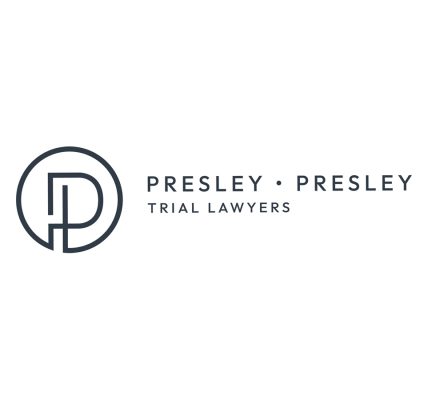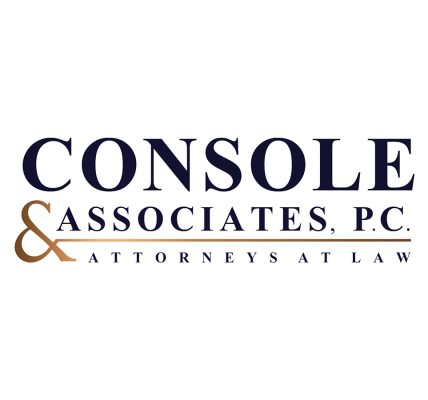Though a car accident may seem straightforward, settling or resolving these
cases can actually end up being much more complicated than people expect.
From working with insurance companies to determining fault, there are
many aspects that must be considered. Thankfully, Texas has put some laws
in place that help make the process of securing compensation for damages
more streamlined. Still, it is important to remember that every case will
be unique and require a different approach depending on the factors involved.
What the Law Says About Damages in Car Accidents
In any
car accident case, when the other party is at fault, their insurance company must accept
liability or be willing to litigate in court. When they accept liability,
an adjuster may step in and offer to settle the claim you brought forward
for property damage and injury costs. It is important to determine whether
the claim is fair or not, as some insurance companies may try to minimize
their expenses as much as possible.
Under Texas law, you have the right to recover damages for:
- Reasonable medical, hospital, surgical, and related expenses
- Future medical costs, such as long-term care or treatment
- Past and future pain and suffering (both physical and mental)
- Major impairment beyond simple earning capacity or pain
- Loss of consortium for family members of an injured party
- Exemplary damages in cases where the other driver showed gross negligence
While it may seem like an insurance adjuster is offering you a decent sum
of money, they may be trying to avoid providing compensation for other
damages you suffered in the accident. When you have a legal advocate by
your side, they can review your case and ensure your settlement is fair.
If not, you may have to take your case to court to pursue a jury verdict,
making a car accident lawyer all the more important.
Coverage for At Fault Drivers & Accidents Caused by Uninsured Drivers
Under Texas law, the other driver may be able to recover damages, even
if they were partially or totally at fault. Furthermore, when an
uninsured driver is at fault, the injured party may be able to recover damages from their
own insurance company. However, this is limited to individuals who have
purchased personal injury protection (PIP) or uninsured motorist coverage.
This means that even if a driver caused an accident and suffered injuries
due to their own fault, their insurance company must provide compensation
for medical bills, property damage, and other expenses listed in their
coverage. Similarly, if a person was hit by an uninsured driver, as long
as they had uninsured motorist coverage, they would have their damages covered.
Need counsel as you navigate a complex car accident? The award-winning
team at Arnold & Itkin is just a phone call away.
Reach out to our Houston firm oday for representation!
SOURCE: Recent Blog Posts – Read entire story here.


